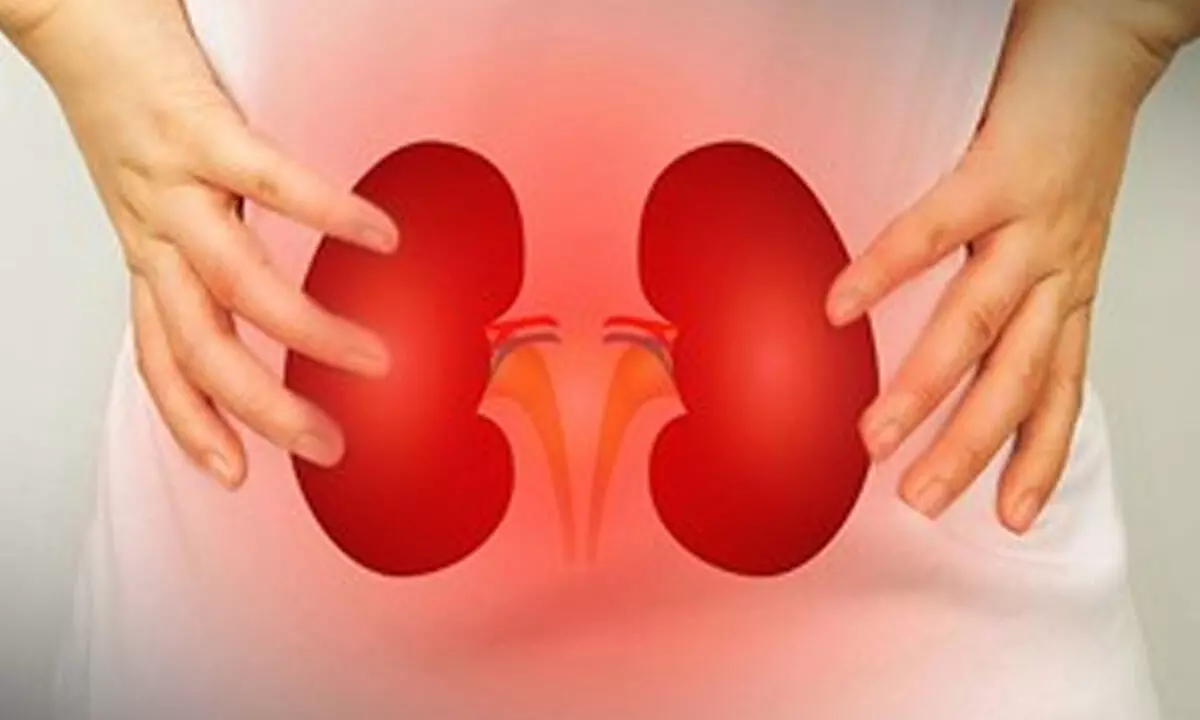Researchers detect novel biomarkers for kidney diseases using new technique

Researchers have detected novel biomarkers for kidney diseases associated with nephrotic syndrome using a new technique, a new study showed.
New Delhi: Researchers have detected novel biomarkers for kidney diseases associated with nephrotic syndrome using a new technique, a new study showed.
According to the study published in the New England Journal of Medicine, the researchers identified ‘anti-nephrin autoantibodies’ as a reliable biomarker for tracking disease progression, opening new roads for personalised treatment approaches.
Nephrotic syndrome, characterised by high protein levels in the urine, is linked to kidney diseases such as minimal change disease (MCD), primary focal segmental glomerulosclerosis (FSGS), and membranous nephropathy (MN).
As per researchers, the primary cause behind this syndrome is damage to podocytes, the cells responsible for filtering the kidneys, which permits protein to leak into the urine.
To diagnose such conditions, the researchers introduced a novel technique combining immunoprecipitation with enzyme-linked immunosorbent assay (ELISA) to reliably detect anti-nephrin autoantibodies.
“The identification of anti-nephrin autoantibodies as a reliable biomarker, coupled with our hybrid immunoprecipitation technique, enhances our diagnostic capabilities and opens new avenues for closely monitoring disease progression in kidney disorders with nephrotic syndrome,” said Dr Nicola M Tomas, co-lead author of the study.
The findings showed that anti-nephrin autoantibodies were prevalent in 69 per cent of adults with MCD and 90 per cent of children with INS (idiopathic nephrotic syndrome) who had not been treated with immunosuppressive drugs.
“Importantly, the levels of these autoantibodies correlated with disease activity, suggesting their potential as a biomarker for monitoring disease progression. The antibodies were also rarely seen in the other diseases under examination,” the researchers noted.














